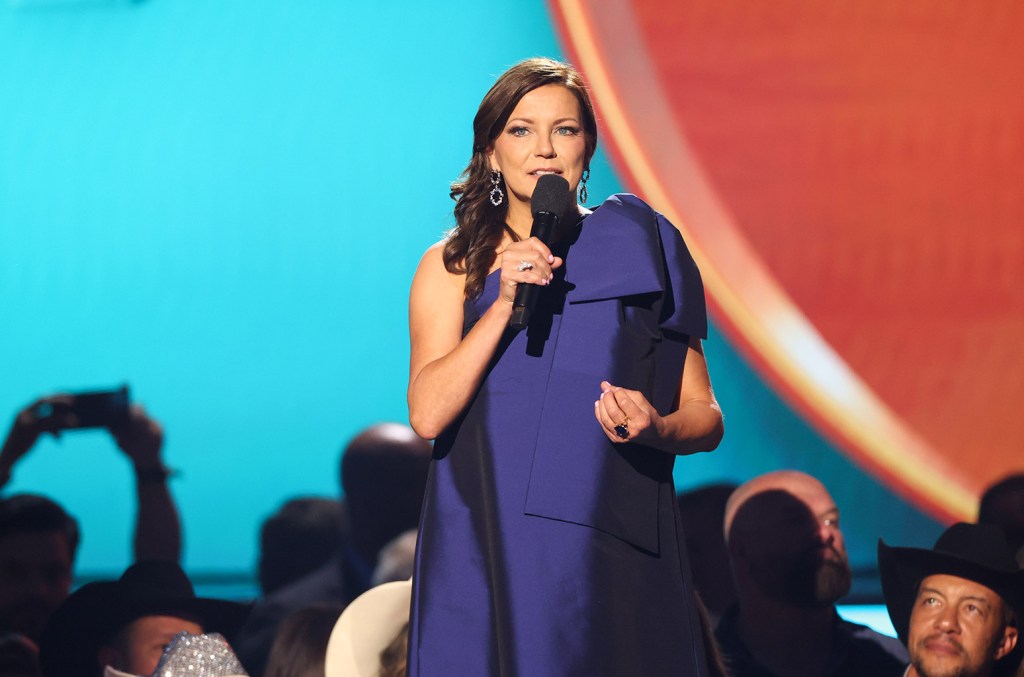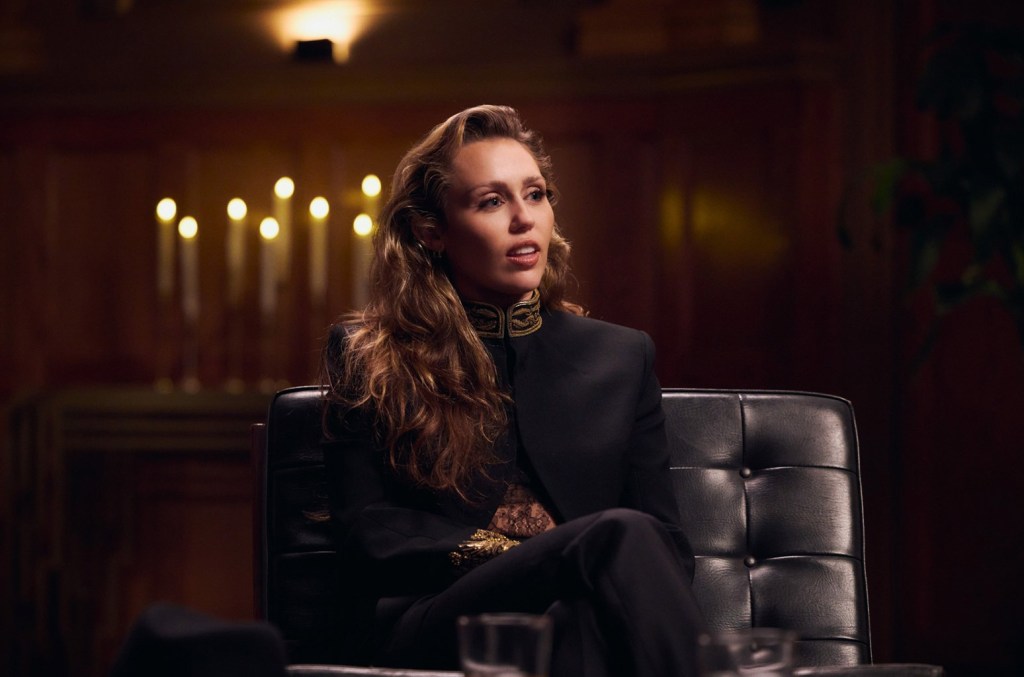Martina McBride Speaks Out Against AI Deepfakes at Senate Hearing: ‘It’s Just Terrifying’
Written by djfrosty on May 21, 2025

Country music star Martina McBride headed to Capitol Hill on Wednesday (May 21) to speak out in support of the NO FAKES Act, arguing the legislation is necessary to protect artists in the AI age.
If passed, the bill (officially titled the Nurture Originals, Foster Art and Keep Entertainment Safe Act), which was recently reintroduced to the U.S. House of Representatives and the U.S. Senate, would create a federal protection against unauthorized deepfakes of one’s name, image, likeness or voice for the first time. It is widely supported by the music industry, the film industry and other groups.
Just prior to McBride’s testimony, the Human Artistry Campaign sent out a press release stating that 393 artists have signed on in support of the NO FAKES Act, including Cardi B, Randy Travis, Mary J. Blige and the Dave Matthews Band.
Trending on Billboard
In her testimony to the U.S. Senate Judiciary Subcommittee on Privacy, Technology and the Law, McBride called unauthorized deepfakes “just terrifying” and added, “I’m pleading with you to give me the tools to stop that kind of betrayal.” She continued that passing the NO FAKES Act could “set America on the right course to develop the world’s best AI while preserving the sacred qualities that make our country so special: authenticity, integrity, humanity and our endlessly inspiring spirit…I urge you to pass this bill now.”
McBride went on to express the challenges that musicians face as unauthorized AI deepfakes proliferate online. “I worked so hard to establish trust with my fans,” she said. “They know when I say something, they can believe it… I don’t know how I can stress enough how [much unauthorized deepfakes] can impact the careers [of] artists.”
During her testimony, the singer-songwriter pointed to more specific concerns, like what can happen to individuals after they pass away. “Far into the future after I’m gone,” she said, there is the threat now that someone could “creat[e] a piece of music or [a video of] me saying something that I never did.” She added that this issue is especially challenging for emerging musicians: “I think for younger artists, to be new, and to have to set up what you stand for and who you are as a person as an artist and what you endorse what you believe in…on top of having to navigate this… is devastating.”
Suzana Carlos, head of music policy for YouTube, also expressed her company’s support for the NO FAKES Act during the hearing. “As technology evolves, we must collectively ensure that it is used responsibly, including when it comes to protecting our creators and viewers,” she said. “Platforms have a responsibility to address the challenges posed by AI-generated content, and Google and YouTube staff [is] ready to apply our expertise to help tackle them on our services and across the digital ecosystem. We know that a practical regulatory framework addressing digital replicas is critical.”
Carlos noted how one’s name, image, likeness and voice (also known as “publicity rights” or “rights of publicity”) is only currently protected on a state-by-state basis, creating a “patchwork of inconsistent legal frameworks.” She noted that YouTube would like to “streamline global operations for platforms.”
Mitch Glazier, CEO/president of the Recording Industry Association of America (RIAA), which has served a strong role in pushing the NO FAKES Act forward, added during his testimony that time is of the essence to pass this bill. “I think there’s a very small window, and an unusual window, for Congress to get ahead of what is happening before it becomes irreparable,” he said.
Also during the hearing, Senator Amy Klobuchar (D-MN) brought up concerns about a “10-year moratorium” that would ban states and localities from implementing AI regulation — a clause the Republican-led House of Representatives baked into the Republicans’ so-called “big beautiful” tax bill last week. “I’m very concerned, having spent years trying to pass some of these things,” Klobuchar said. “If you just put a moratorium [on]…the ELVIS law [a new Tennessee state law that updated protections for deepfakes in the AI age] coming out of Tennessee…and some of the other things, this would stop all of that.”
The NO FAKES Act was introduced by Senators Marsha Blackburn (R-TN), Chris Coons (D-DE), Thom Tillis (R-NC) and Klobuchar along with Representatives María Elvira Salazar (R-FL-27), Madeleine Dean (D-PA-4) Nathaniel Moran (R-TX-1) and Becca Balint (D-VT-At Large). It was first introduced as a draft bill in 2023 and formally introduced in the Senate in summer 2024.
Unlike some of the state publicity rights laws, the NO FAKES Act would create a federal right of publicity that would not expire after death and could be controlled by a person’s heirs for 70 years after their passing. It also includes specific carve-outs for replicas used in news, parody, historical works and criticism to ensure the First Amendment right to free speech remains protected.

 State Champ Radio
State Champ Radio 





